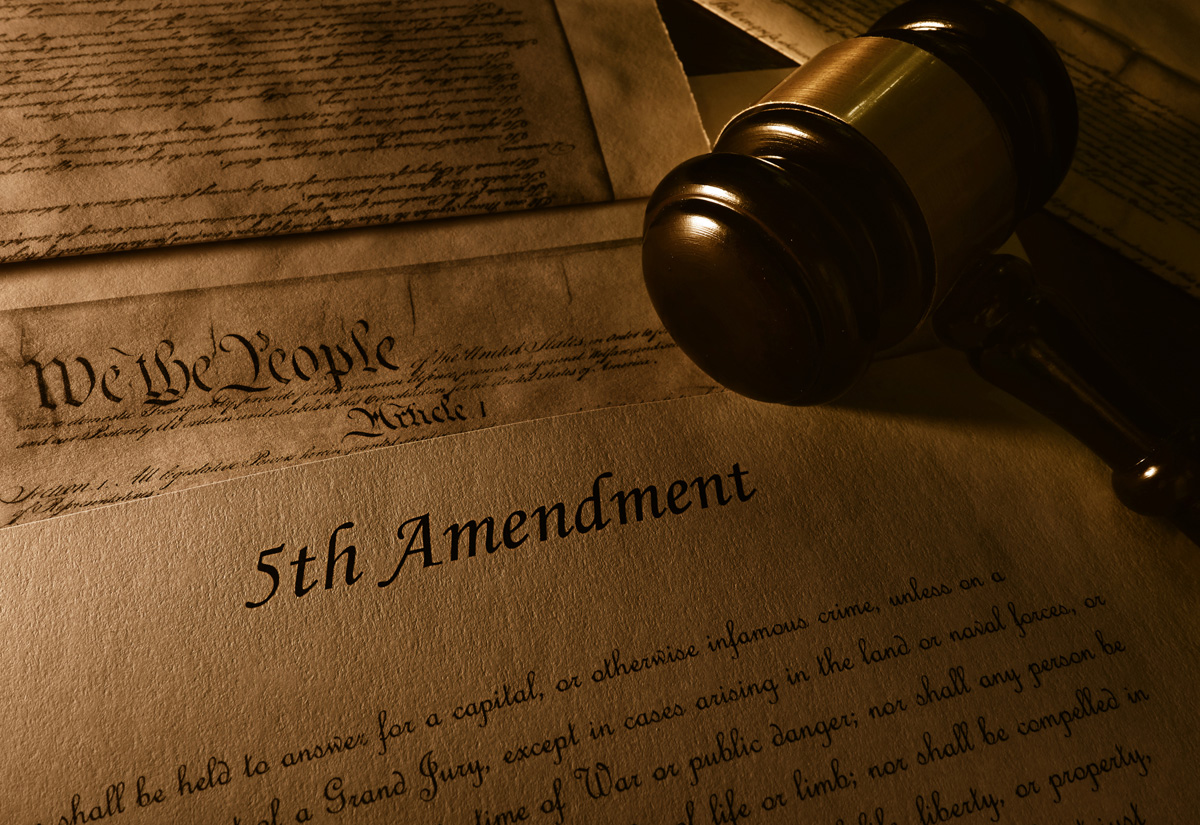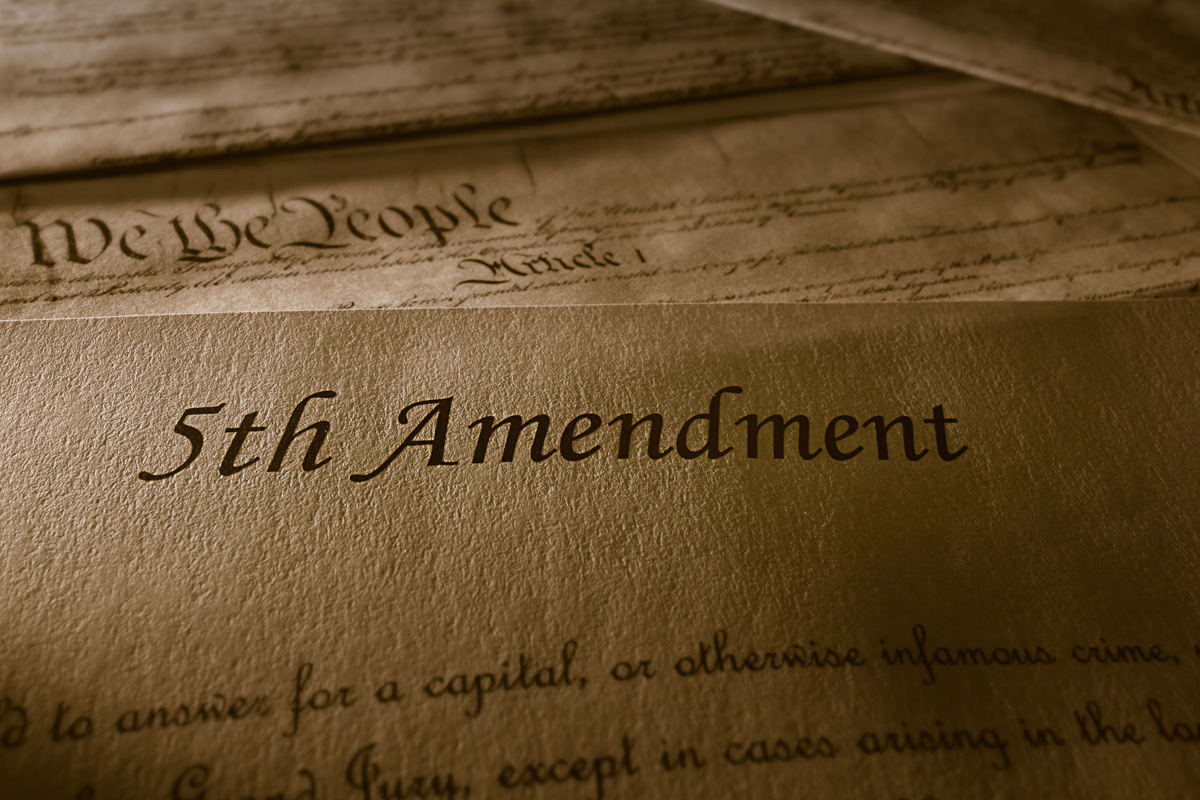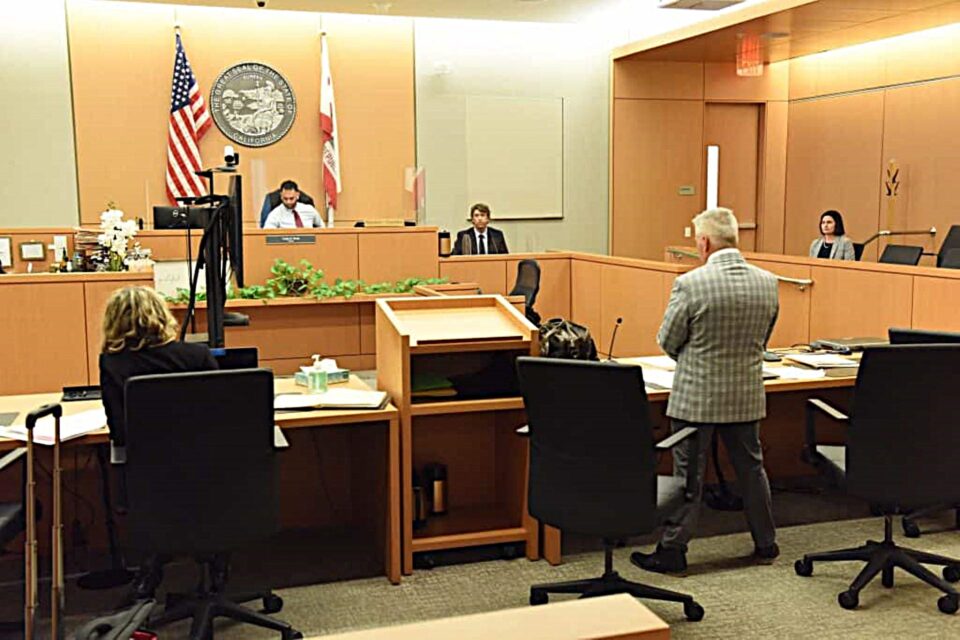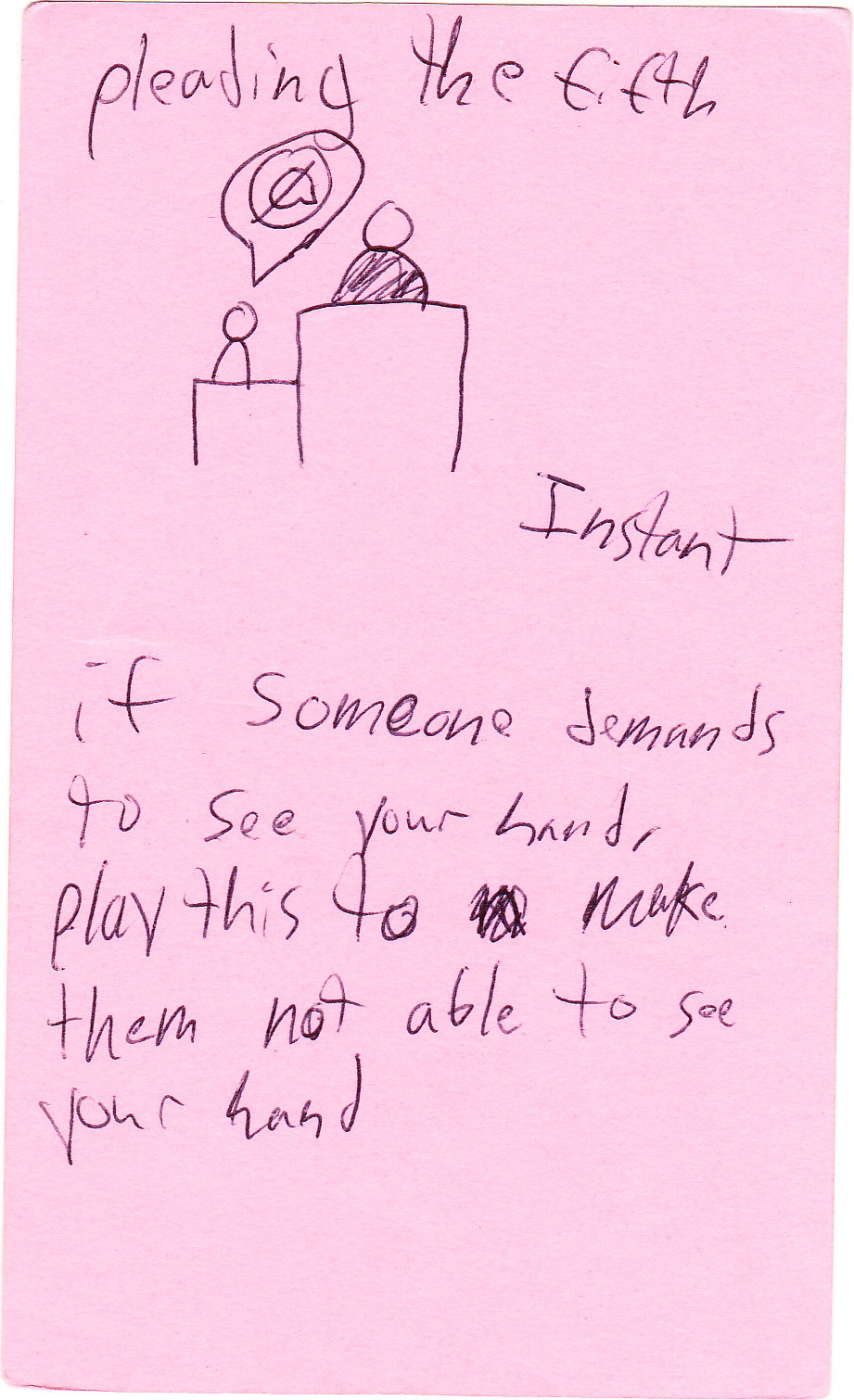Low battery
Battery level is below 20%. Connect charger soon.
This provision … One of the most critical and frequently misunderstood aspects of the fifth amendment is how its application changes depending on the type of legal proceeding. The right against self-incrimination is not a blanket pass to avoid all questions. Learn the crucial distinctions that define when and how it … (a) the definition and scope of the privilege against self-incrimination; By pleading the fifth, you uphold the principle that you are innocent until proven guilty and prevent law … (b) statutory abrogation of the privilege; This article looks at: Pleading the fifth in a civil case is a significant strategic choice that requires careful consideration of both its advantages and potential drawbacks. Often, attorneys advise their clients to plead the fifth, believing that the testimony of their client might be … This fundamental right allows … The robust shield that protects … · the fifth amendment provides a powerful shield against self-incrimination, ensuring that you are not compelled to provide evidence against yourself. On the one hand, the primary benefit of pleading the fifth is the protection it offers against self-incrimination. · “pleading the fifth” is a phrase commonly heard in popular culture, often associated with individuals refusing to answer questions in legal settings. (c) practical matters arising from overlapping civil and … Talk to a lawyer first. · the fifth amendment to the united states constitution grants individuals the right to refuse to answer questions or make statements that could incriminate themselves. But there can be significant legal consequences. Contrary to popular belief, pleading the fifth does not imply the guilt of the party in question. · can you plead the fifth to every question? · pleading the fifth means your silence cannot be used against you in a criminal case.




